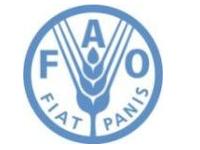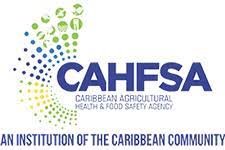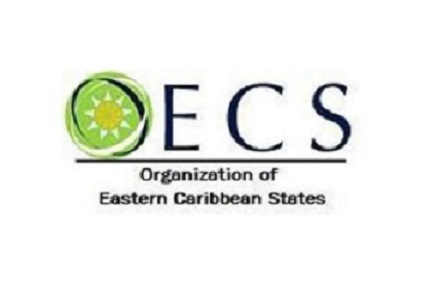This year marks the ‘International Year of Fruits and Vegetables.’ Its aim is to promote innovation through sustainable food production, focusing on plant health. Regional and national food security is important to maintain the socio-economic well-being of all people in the region. Trade, tourism, and agriculture depend on how well plant health standards are facilitated.
Plant Health in the Caribbean region is important as many people rely on it for their livelihoods. The effects of climate change have had devastating effects on plant health due to an increase in plant pests and plant diseases. Many are vulnerable to the risks posed by plant pests that threaten food security. The change of temperatures in the region has cultivated environments for invasive species. Plant pests like the giant African snail have destroyed crops by their growing appetite alone.
Plant diseases like the tropical race 4, fusarium wilt of banana, has made a resurgence with climate change and with it, a decrease in banana production. Cavendish bananas make up 90% of bananas globally. It has not reached the Caribbean region, but its effects on the plant health of bananas and plantains will be felt if it does.
Presently, prevention is the best course of action considering climate change and its effects on plant health. Food security and biosecurity measures are underway by many Caribbean countries to prevent plant pests before they reach the region and control current plant pests and diseases before they cause any more damage to the livelihoods of those in the region.
Sustainable development is a goal many countries are thriving to reach by the year 2030. Included in sustainable development is a focus on making these countries self-sufficient enough as not to depend on costly foreign importation of crops that can be grown locally or even regionally. Integrating technology into agriculture like aquaponics and hydroponics has helped to prevent food waste and reduce food loss.
Read more about plant diseases and plant pests on our website!
Check out our other sources here:
Source:













